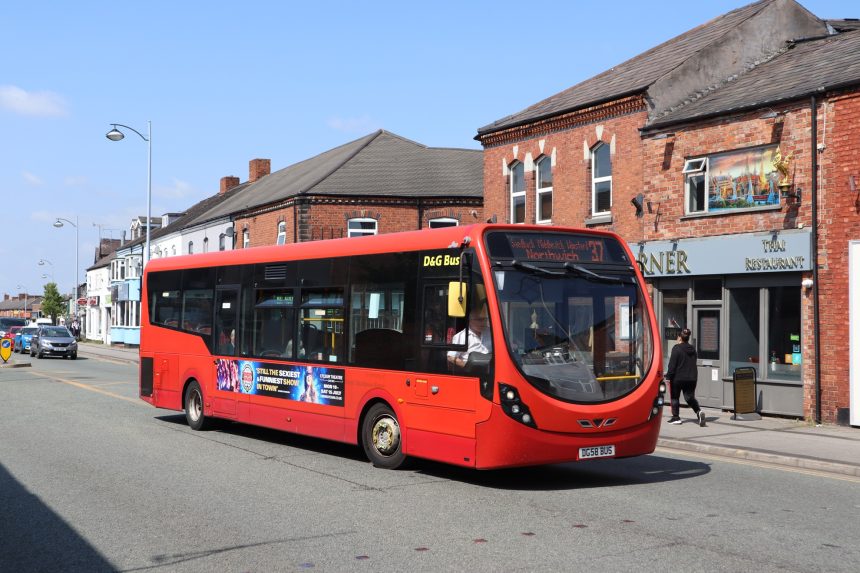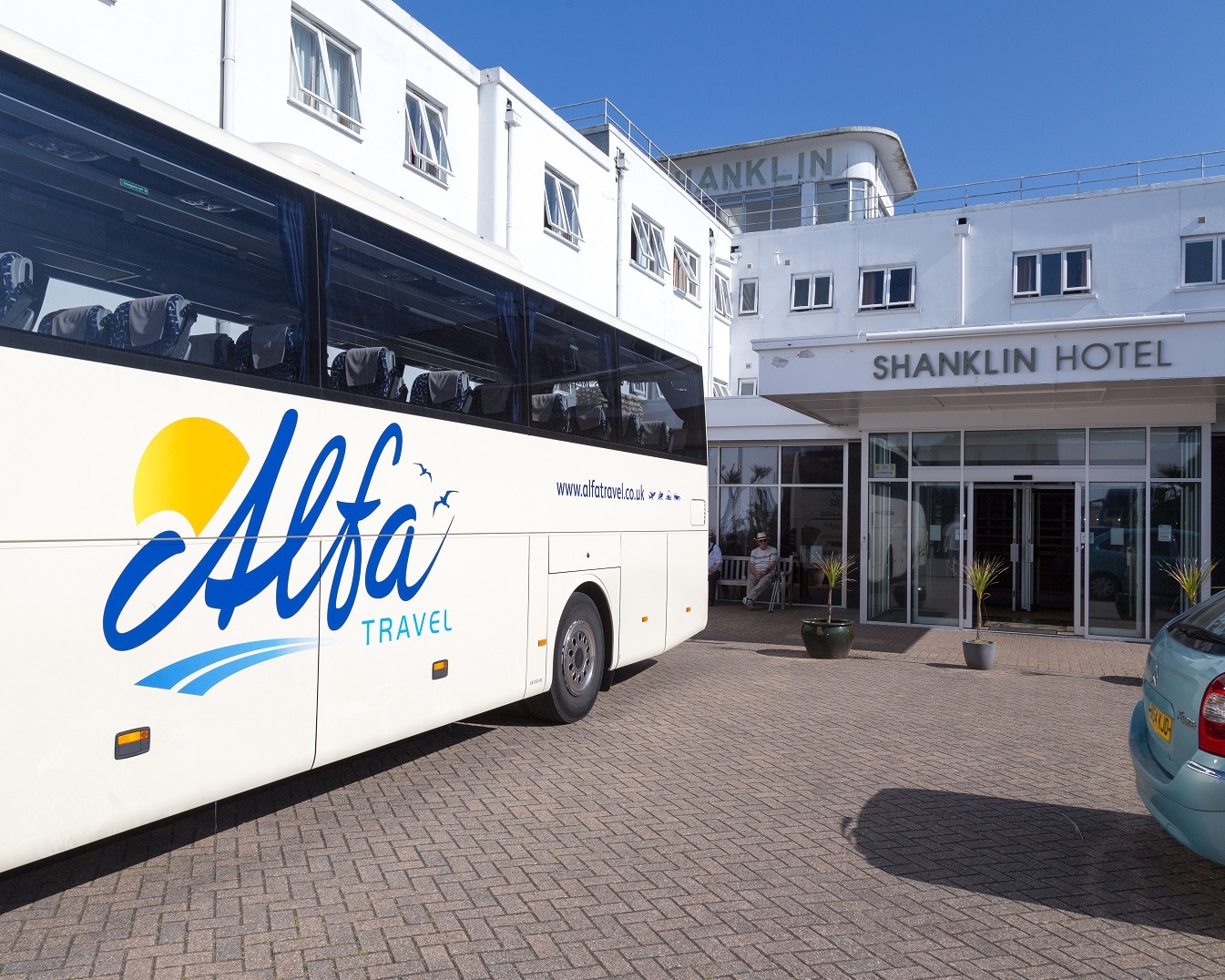The bus fare cap in England outside London will rise to £3 on 1 January 2025 and sit at that level for the duration of next year, Prime Minister Keir Starmer has announced.
In a surprise pre-emption of the fare cap’s fate after 31 December that was expected to be revealed by Chancellor Rachel Reeves on 30 October, Mr Starmer shared the policy direction following a pre-budget speech in the West Midlands two days beforehand.
He notes that the £2 cap is funded only until 31 December but adds that the government knows “how much this matters, particularly in rural communities.”
Unexpected clarity on the bus fare cap rising to £3 follows speculation in some parts of the mainstream media that it would be axed entirely after its funding expires at the end of 2024.
A source within the bus industry told routeone in mid-October that such an approach had grown more likely in recent weeks, with suggestions that the Treasury and the Department for Transport were at loggerheads over the cap’s future in a battle that had become more likely to be won by the former.
While Mr Starmer’s confirmation that the fare cap is to remain for 2025 has been cautiously welcomed by the Confederation of Passenger Transport (CPT), hope had existing among some stakeholders that any rise would be restricted to £2.50 for the first six months of the year before going to £3 for the remainder of 2025.
CPT says it is pleased that the government “has taken steps to implement a managed exit from the £2 fare cap in line with our proposals,” noting that a hard end to the cap has been avoided.
However, the approach revealed by Mr Starmer “will still present challenges for many passengers, particularly those who rely on buses as their primary means of affordable travel,” CPT adds. It is also concerned about the potential impact on bus services if changes to the fare cap are not matched by long-term funding security.
The Confederation plans to work with local and national government to ensure bus travellers in England understand how fares will change and are informed of various ticketing options.
CPT Chief Executive Graham Vidler says that without a consistent funding strategy for buses, “we risk seeing essential services, especially in rural and underserved areas, become unsustainable over time. Affordable travel should not come at the cost of service viability.”
He adds: “CPT will continue to engage with government and local authorities to advocate for funding and support needed to maintain and strengthen the UK’s bus network. By aligning fare structures with sustained investment, we can protect essential routes, ensure affordability, and promote a reliable bus network that serves communities across the country.”



























